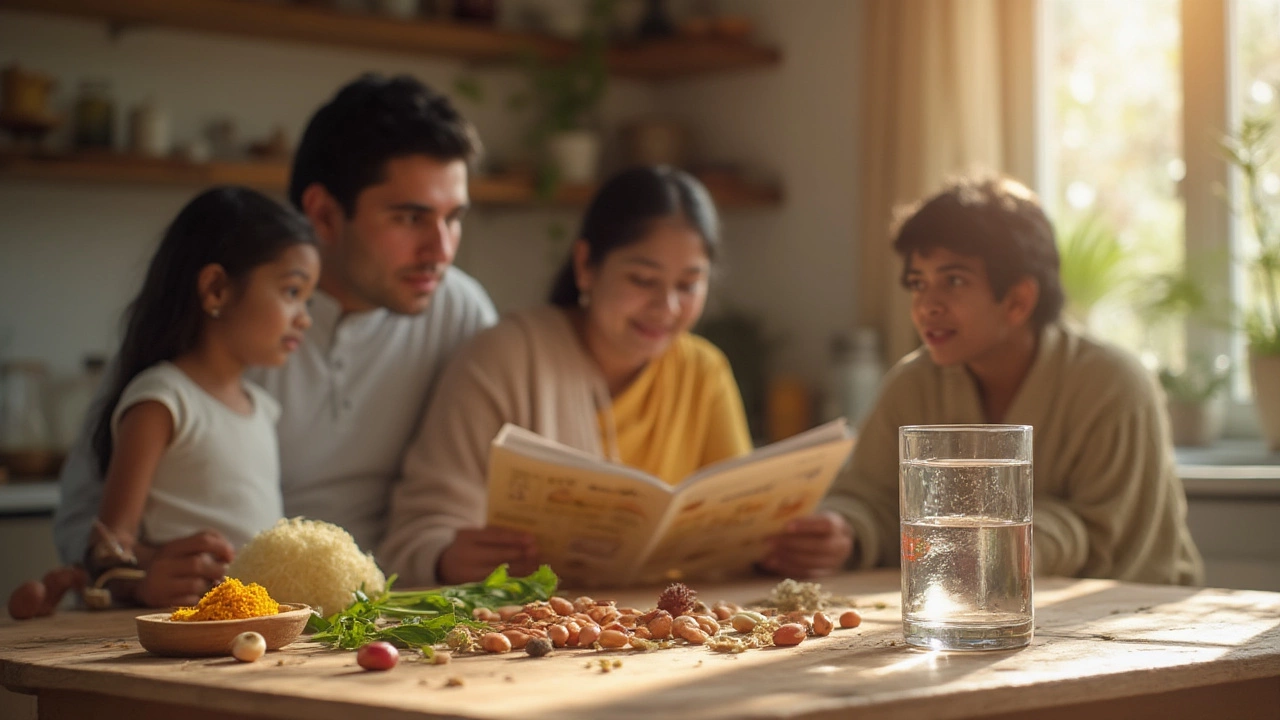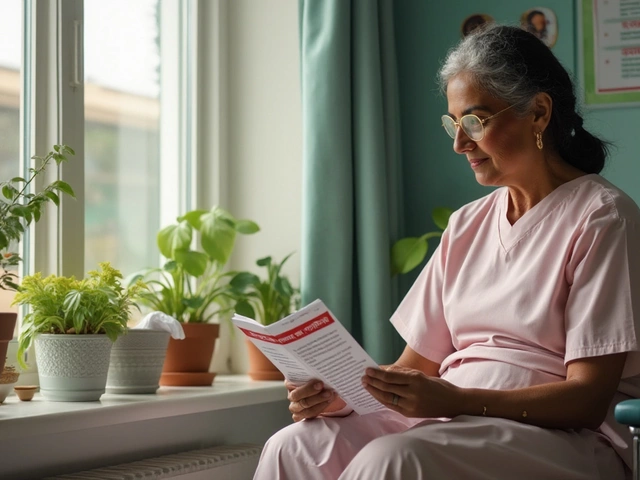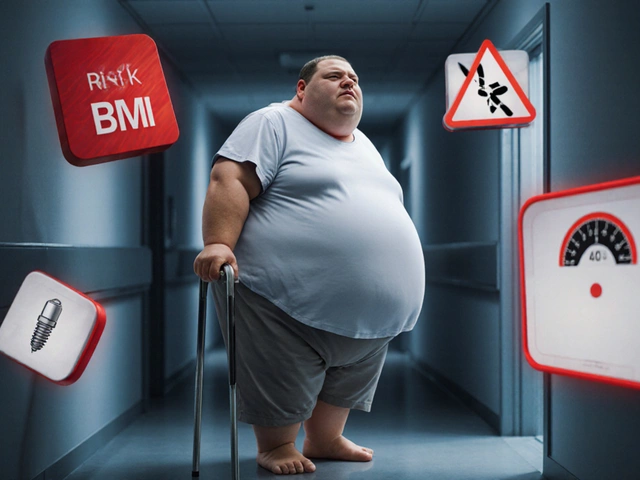Kidney Damage: What It Is, Why It Happens, and How You Can Stop It
Ever wonder why your doctor talks about “kidney health” like it’s a secret weapon? Your kidneys filter waste, balance fluids, and keep blood pressure in check. When they’re hurt, everything else can go sideways. The good news? Most kidney damage is preventable, and early signs are easy to spot if you know what to look for.
Common Triggers of Kidney Damage in India
One of the biggest culprits is high blood pressure. When your systolic numbers stay above 140, the tiny blood vessels in the kidneys get stressed and start leaking. Diabetes is a close second – excess sugar turns the filtering units (nephrons) into scar tissue over time.
But it’s not just chronic diseases. Heavy use of over‑the‑counter painkillers like ibuprofen, dehydration during hot summer months, and even contaminated drinking water can hurt kidneys. In rural areas, untreated infections or kidney stones that go unnoticed also lead to damage.
Early Warning Signs You Shouldn't Ignore
If you’ve felt any of these, grab a doctor’s appointment fast:
- Swelling in ankles, feet, or around the eyes – fluid is building up because kidneys can’t get rid of it.
- Foamy urine – a sign of protein leaking into the urine.
- Persistent fatigue or loss of appetite – waste toxins are lingering in the bloodstream.
- Unexplained itching or dry skin – another clue that waste isn’t being cleared.
These symptoms often creep up slowly, so regular check‑ups are a smart move, especially if you have hypertension or diabetes.
Practical Steps to Shield Your Kidneys
First, watch your salt intake. Too much sodium makes the kidneys work harder to flush it out. Aim for less than 2,300 mg per day – that's roughly one teaspoon of table salt.
Second, stay hydrated. Drinking 2–3 liters of clean water daily helps rinse out toxins. If you live in an area with hard water or known contamination, consider a simple home filter or boiled water.
Third, keep blood pressure and blood sugar in check. Simple habits like walking 30 minutes a day, cutting sugary drinks, and following a balanced diet (think lots of fresh veggies, whole grains, and legumes) do wonders.
Fourth, be careful with medication. Use NSAIDs (ibuprofen, naproxen) only when absolutely needed, and never exceed the recommended dose. If you need regular pain relief, ask your doctor about kidney‑friendly alternatives.
When Damage Has Already Started – What Can You Do?
Early‑stage kidney disease can often be slowed with lifestyle changes and medication. Doctors may prescribe ACE inhibitors or ARBs to protect the filtering units. In more advanced cases, dialysis or kidney transplant become options. India’s leading hospitals, like AIIMS and Apollo, offer high‑quality dialysis at competitive rates, and organ donation networks are growing.
Meanwhile, diet plays a huge role. A renal‑friendly diet limits sodium, phosphorus, and potassium. Foods like apples, berries, white rice, and boiled carrots are usually safe, while processed snacks, dairy, and nuts often need to be limited.
Bottom line: your kidneys don’t send an SOS until damage is serious, but you can catch problems early with simple habits and regular tests. Keep an eye on blood pressure, stay hydrated, and give your kidneys a break from unnecessary drugs. If anything feels off, act fast – a quick visit to the doctor can save years of kidney health.





